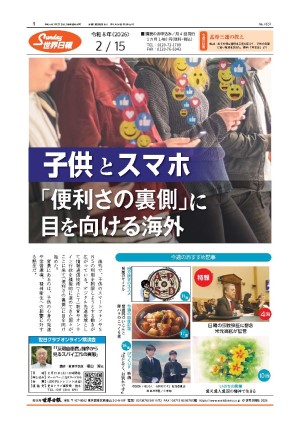先入観に基づいた弾劾 Impeachment prejudice
美は見る人次第で違ってくるというのは、当然である。しかし、意味も聞く人次第なことも、記憶を呼び戻そうとする人は覚えておく必要があるかもしれない。なぜなら、先入観という心の中の世界でフィルターにかけられた言葉には、驚くべき歪曲(わいきょく)が施され得るからである。大統領の弾劾問題のための証人という言葉にまさに判断を下そうとしている米国人は、直接的事実に焦点を絞って行うべきであって、大統領の中傷者の偏見によって形作られた先入観は捨てなければならない。
...【全文を読む】







